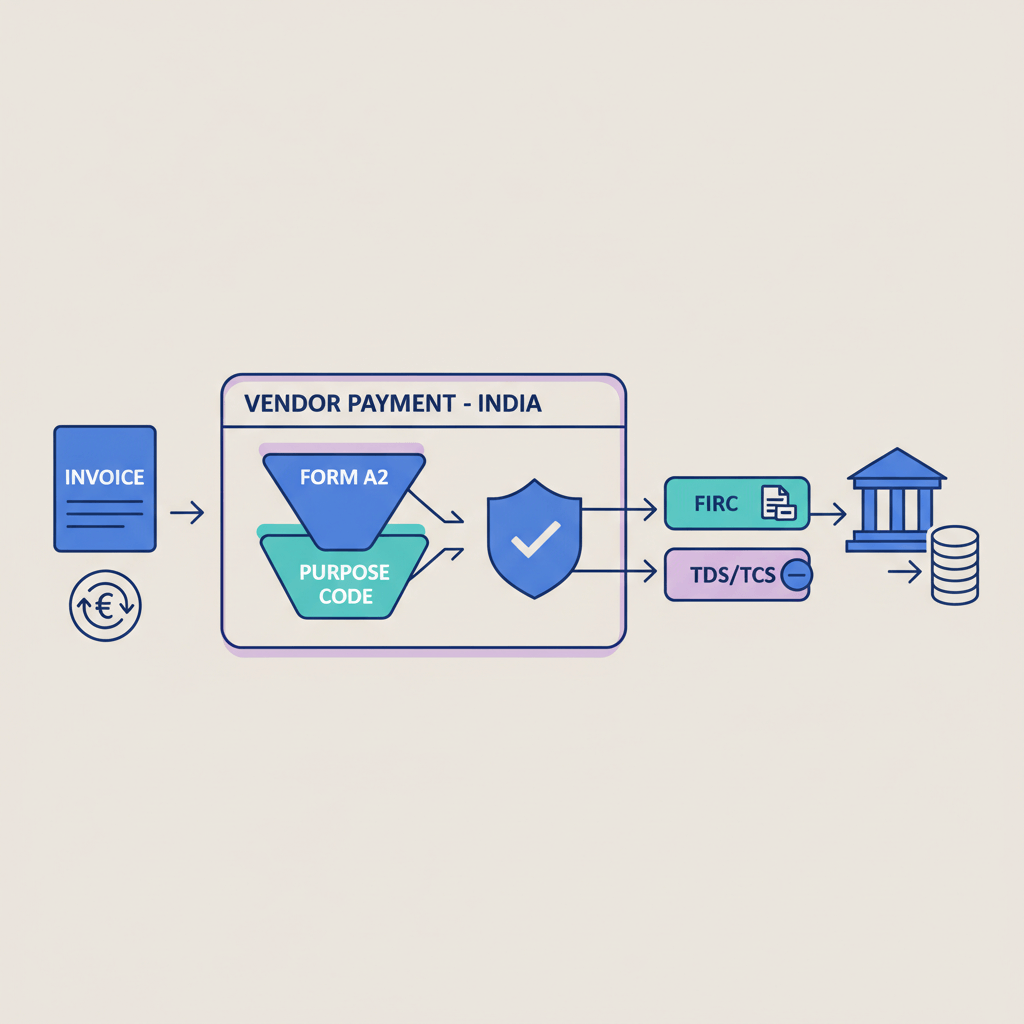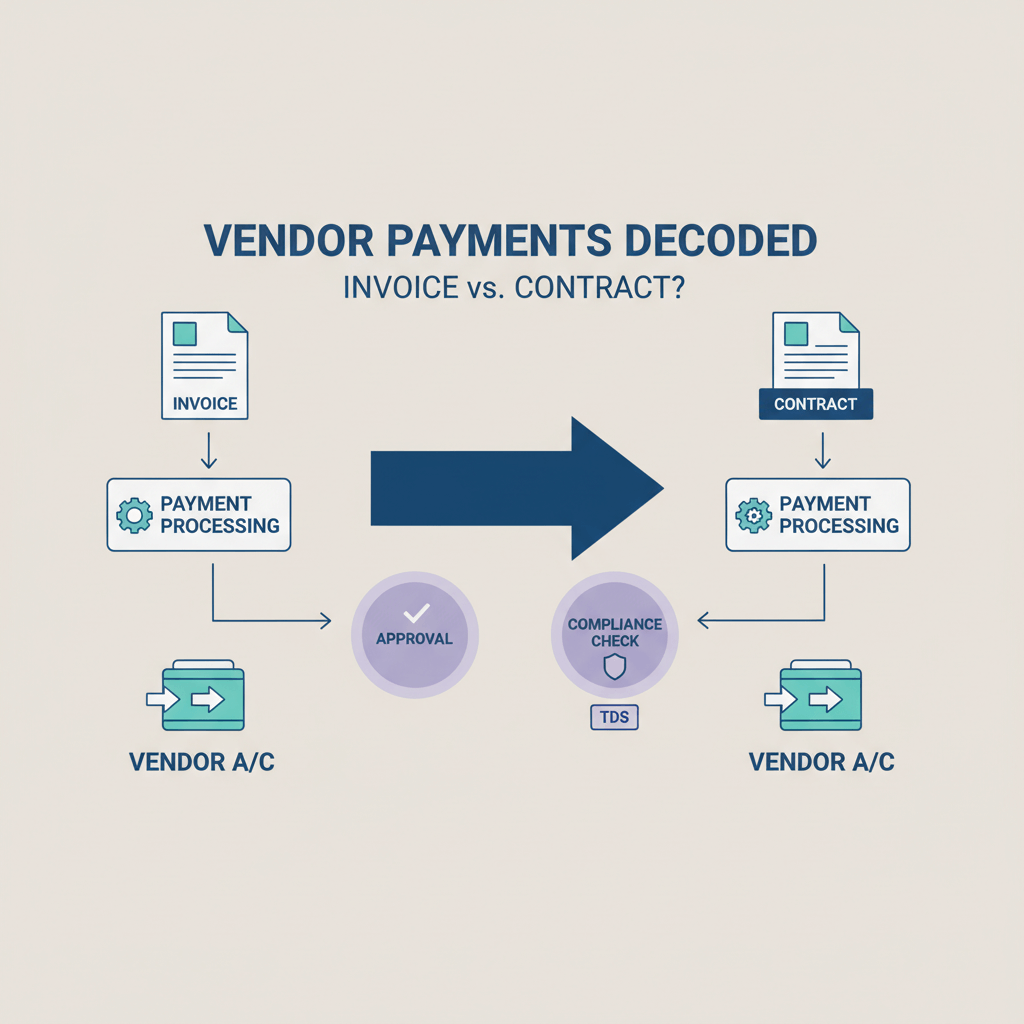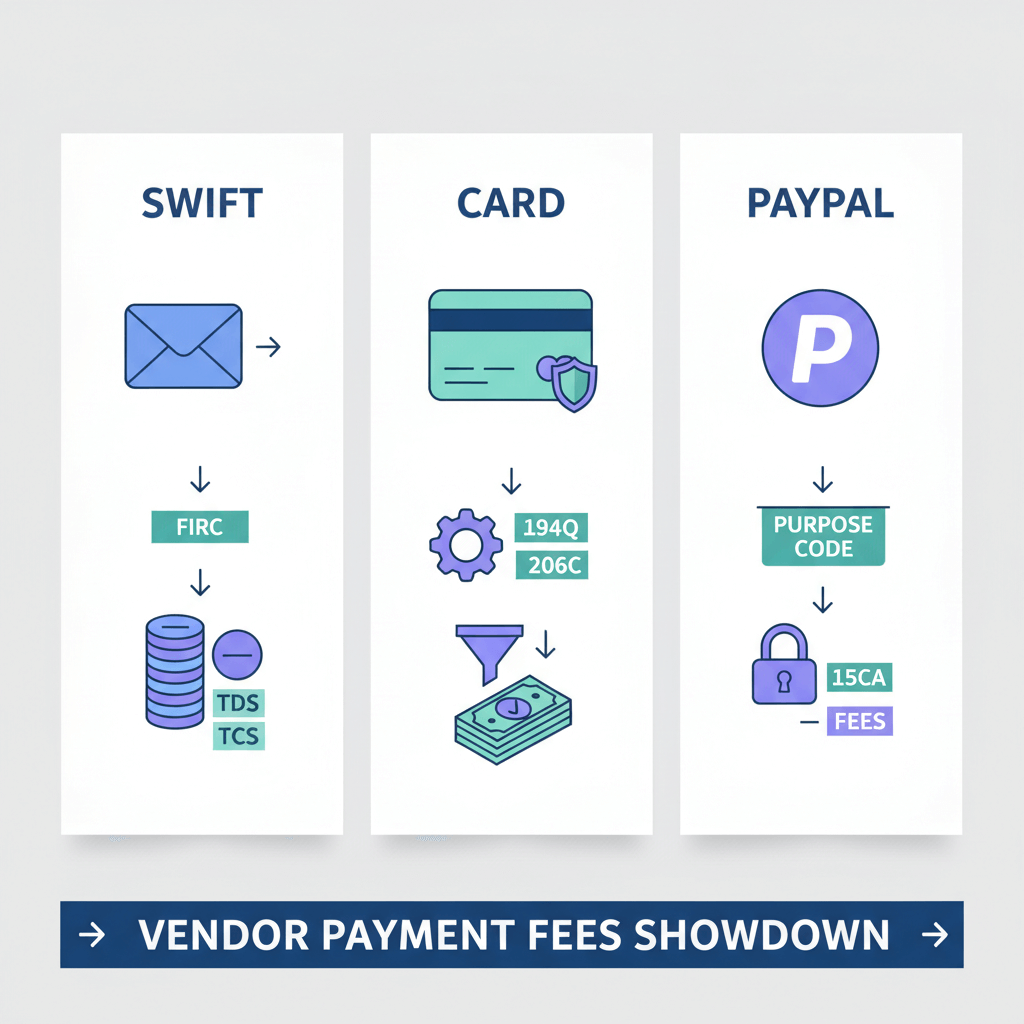With the UAE’s GDP crossing $500 billion in 2023 and Dubai alone contributing nearly $130 billion (World Bank), the city has cemented its place as a global trade hub.
Many Indian businesses have already entered or are looking at Dubai as their next target market.
But not every business owner has residency or a physical office in Dubai. In fact, plenty of non-resident businesses would still very much like to have local banking, including:
- Mid-size e-commerce sellers
- IT and consulting firms
- Exporters and importers
- Service providers working with Dubai-based clients but without a UAE office
If you fall into this category, you’ve probably struggled with cross-border payments. High fees, strict bank rules, and slow processing can make even simple transactions feel painful.
The good news?
Dubai has plenty of options. From traditional banks to modern fintechs, there are now multiple ways for non-residents to open accounts and manage business payments. The key lies in choosing the right type of account, understanding the documentation, and knowing what to expect during setup.
This guide covers detailed information on the best business bank accounts to open in Dubai, required documents, and the step-by-step process.
And yes, we’ll also answer the question most businesses ask first:
Is it really that difficult to open a business account in Dubai and how long does it take?
The Outlook of Indian Businesses in Dubai
According to a report by Dubai Chambers, Dubai is one of the top destinations for Indian businesses, with over 90,000 Indian-owned companies in the market. This includes businesses across the mainland, free zones, and offshore, all controlled by Indian nationals.
Not just residents, non-resident Indian businesses including importers, exporters, service providers, and agencies are thriving too.
According to Volza’s India Export data, India exported 64 shipments to Dubai from Nov 2023 to Oct 2024, involving 42 Indian exporters and 42 buyers. This highlights Dubai’s ongoing role as a vital market for Indian businesses.
Why Indian Businesses Need a Dubai Business Account?
Faster, Cheaper Cross-Border Payments
A Dubai-based business account allows you to handle international payments with better efficiency and lower fees. Cross-border transactions are faster and more cost-effective, especially compared to routing payments through third-party intermediary banks. This is especially valuable for businesses with global clients or suppliers.
Client Trust & Professional Credibility
A Dubai-based business account enhances your professional image. Clients, especially those in the Middle East, Europe, and other regions, often prefer working with businesses that are locally incorporated or have a local presence. This boosts your credibility, builds trust, and can make clients more comfortable when engaging in financial transactions.
Multi-Currency and International Operations
A Dubai business account isn’t limited to dirhams (AED). Most fintech alternatives to banks let you hold and transact in multiple currencies. This is a big plus if you’re working with global clients or suppliers.
Instead of converting every payment into AED (and paying hefty FX fees each time), you can receive, store, and pay in the currency another country is accepting directly.
Two Best Ways to Open a Dubai Business Account as Non-Residents
Option 1: Digital-First Banks & Fintech Alternatives
For non-residents, digital banks and fintech platforms are often the easiest way to get started. Unlike traditional banks, they don’t require huge deposits, and they don’t require you to maintain a minimum balance.
You don’t need to physically visit Dubai to open an account. Onboarding is done 100% online, and the documentation needed is far simpler than what’s required at a traditional bank.
Here are some of the most popular options:
- Wise Business – A global multi-currency account that supports AED, USD, EUR, GBP, and more. You get local account details in multiple countries, making it easier for clients to pay you. You can also hold balances and pay suppliers in their preferred currency at transparent mid-market FX rates.
- Karbon Business – Designed for Indian exporters, agencies, and IT firms. It provides virtual multi-currency bank accounts with access to 30+ currencies, including AED and USD. Plus, if you need to collect payments directly from customers, Karbon now offers payment links that let you request and receive card payments easily.
- Payoneer – A popular choice among freelancers and eCommerce sellers. It offers local receiving accounts in USD, EUR, GBP, and other currencies, along with AED support. Setup is quick and simple, though the FX margins are typically higher compared to Wise or Karbon.
Option 2: Traditional UAE Banks
If you want to build a relationship with local banks in Dubai, traditional banks are still the most credible and widely trusted option. They offer stronger financial infrastructure, access to loans, and trade finance facilities. But for non-residents, the process is a bit demanding compared to digital banks.
You should expect to provide detailed company documents, proof of business activity, and sometimes even a local office or representative. They have a minimum balance requirement which falls between AED 50,000 to AED 200,000.
Onboarding takes longer, but the payoff is a solid banking relationship in the UAE.
Here are some of the top choices:
- FAB (First Abu Dhabi Bank) – The largest bank in the UAE, popular with corporates and established SMEs. It offers multi-currency accounts, robust trade finance, and global reach, but requires a higher minimum balance.
- Emirates NBD – A leading choice for SMEs. Known for digital services, SME-friendly packages, and strong international banking ties, making it easier for businesses that deal with overseas clients.
- ADCB (Abu Dhabi Commercial Bank) – Particularly suitable for exporters and importers. It provides solid digital platforms, moderate requirements compared to FAB, and reliable trade finance support.
Requirements to Open a Business Bank Account in Dubai
Opening a business account in Dubai is not as simple as walking into a branch with your passport. Banks and fintech providers want to be sure that your business is legitimate, compliant, and financially sound. The exact requirements depend on whether you are a resident business or a non-resident company, but most banks will ask for the following documents.
Standard Requirements
- Trade License: Whether you are registered in the mainland, a free zone, or offshore, you need a valid trade license proving your business activity.
- Passport and Visa Copies: All shareholders and directors must submit passport copies. If you are a resident, a UAE visa copy is mandatory.
- Emirates ID: Only for residents. Non-residents can provide passport and business incorporation documents instead.
- Memorandum of Association (MoA) / Shareholder Agreement: A legal document outlining company ownership, structure, and responsibilities.
- Proof of Business Activity: Banks want to see contracts, invoices, leases, or even a company website that shows you are actively operating.
- Minimum Balance Requirement: Varies by bank. Traditional banks usually require between AED 50,000 and AED 200,000, while fintech accounts often have no balance requirement.
For Non-Residents
If you are an Indian company or entrepreneur setting up a Dubai account without a UAE base:
- You can open accounts through free zone or offshore entities.
- Banks will ask for incorporation documents, passport copies, and proof of cross-border business such as contracts, invoices, or shipping documents.
- Expect stricter compliance checks, higher minimum balances, and longer timelines compared to resident companies.
Step-by-Step Process To Open A Business Bank Account In Dubai
- Choose Your Bank or Fintech Provider: Decide whether a digital-first fintech, which is faster and often does not require a minimum balance, or a traditional UAE bank, which provides credibility and loan options, works best for your needs.
- Prepare Documents: Gather trade license, passports, incorporation papers, shareholder agreements, and proof of business activity.
- Submit Application: Non-residents usually start applying online. If you are creating an account with a traditional bank, you have to visit the bank.
- Compliance and KYC Checks: Banks run background checks on directors and verify the source of funds. This step often delays approval.
- Account Activation: Fintech accounts may activate within 3 to 7 business days. Traditional bank accounts usually take 7 to 15 business days and longer for non-residents.
Zero Balance Business Bank Accounts in Dubai
For small businesses in India, who do not want to lock up large sums of money, zero-balance accounts in Dubai are an option. These are mostly offered by fintechs and digital banks like Wio Business, Wise, or Karbon, which allow you to operate internationally without any minimum balance requirement.
Traditional banks almost most of the time enforce a minimum average balance, sometimes as high as AED 200,000. Failing to maintain this balance can result in heavy penalties. That is why many non-resident Indian businesses start with fintech accounts for flexibility and later upgrade to a traditional bank once operations grow in Dubai.
Now… The Answer You Are Looking For
So, is it really that difficult to open a business account in Dubai, and how long will it take?
Here’s the verdict: if you’re a non-resident Indian business, fintech accounts are the smartest and fastest way to get started. You can open an account online, avoid the AED 50,000–200,000 minimum balance trap, and be ready to transact in under a week.
Traditional banks are valuable, but unless you already have a UAE presence or need loans and trade finance, they’re not worth the initial struggle. For most non-residents, the practical play is simple — start with fintech (Wise, Karbon, Payoneer), get business flowing, then upgrade to a traditional bank once your Dubai operations scale.
That’s the fastest, cheapest, and most reliable way to bank in Dubai as a non-resident.
FAQs
Can I open a bank account in Dubai without being a resident?
Yes, non-residents can open accounts through free zone or offshore companies, but the process is stricter and takes longer.
Can an Indian company open a business account in Dubai?
Yes, Indian companies can open accounts in Dubai through free zone or offshore registration with proper incorporation documents.
How long does it take to open a business account?
Fintech accounts usually take 3–7 business days, while traditional banks may take 7–15 days or longer for non-residents.
Which bank is best for zero balance in UAE?
Traditional banks rarely offer zero balance accounts, but fintechs like Wio Business, Wise, and Karbon do.
What is the minimum balance for FAB, Emirates NBD, ADCB?
FAB requires around AED 50,000, Emirates NBD around AED 100,000, and ADCB up to AED 200,000 depending on the account type.
Which fintechs or virtual banks offer online accounts?
Wio Business, Wise, and Karbon offer fully online, zero-balance business accounts for non-residents and startups.
Are online or virtual accounts valid for VAT and trade compliance?
Yes, fintech accounts are accepted for VAT registration and trade compliance, provided they are licensed in the UAE.











